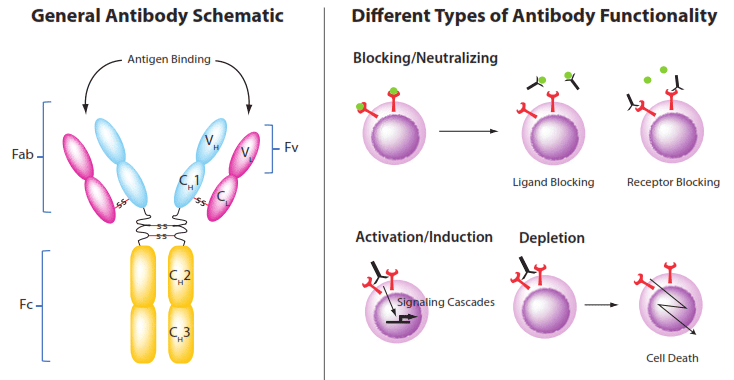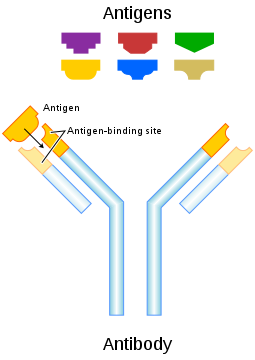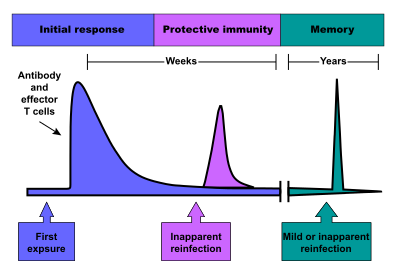The world of scientific research is always focused on discovery, and one of the most welcome areas of this field is the work done to discover new ways to better treat chronic diseases and perhaps even to prevent them from occurring at all. A great example of this is the groundbreaking research emerging into new ways to utilise broadly neutralising antibodies, or bNAbs, in the development of HIV prevention drugs.
A brief history of HIV
Once an automatic death sentence, amazing scientific efforts over just three decades mean that these days, with access to specialist medicines and health care support, most people can live a normal life following an HIV-positive diagnosis. However, until recently, the main focus has always been on containment rather than prevention.
Exciting breakthroughs
In 2016, a long-term clinical trial began. Funded by four bodies concerned with general or HIV-specific health issues, the study involves around 2,700 men from the USA, Switzerland, Peru, and Brazil, along with nearly 2,000 women from southern African countries.
Known as the AMP (Antibody Mediated Prevention) study, randomly selected participants in this adaptive phase 1 clinical studies trial receive either a 10mg/kg or 30mg/kg dose of a potentially world-changing vaccine, bNAb-VRC01, every eight weeks, or a placebo.
What’s so special about the drug in this AMP study?
This is the first potential HIV vaccine developed for testing, and its secret weapon is the presence of broadly neutralising antibodies. As a protein dedicated to clearing the blood of debris and potential threats, antibodies play a vital part in keeping us healthy, but regular neutralising antibodies are not able to quickly identify and tackle viruses that mutate. This is how unwelcome things can survive within us, but it seems that broadly neutralising antibodies could be capable of patching up this weak link when it comes to HIV risk exposure.
Future hopes
More research is needed to capitalise on these exciting new discoveries, along with more trials organised by experts in adaptive phase 1 clinical studies. However, the future for an HIV vaccine has never looked brighter with the use of bNAbs.
There may be much more to discover in the realm of HIV treatment, but the rapid pace of clinical research discovery in this area leaves no doubt that success will soon be achieved.






